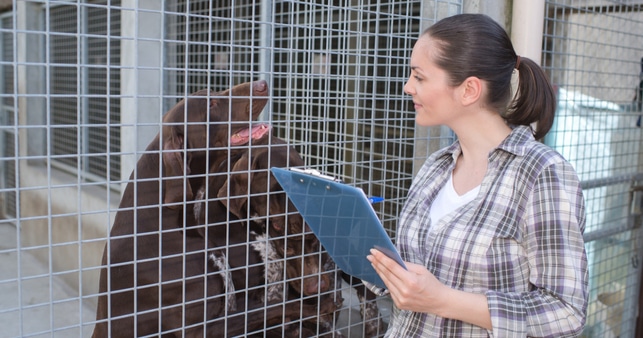
Employers and Employees across Australia and New Zealand are eagerly awaiting the results from a six-month pilot study started in early August of a 4-day work week by not-for-profit: 4 Day Week Global. Early results from the study indicate a successful start to the trial with a spokesperson from the non-profit confirming that productivity is higher amongst participating staff.
Employment relations advice firm Employsure, representing over 31,000 small and medium size businesses across Australia and New Zealand have been keeping a close watch on similar trials around the world and acknowledged the growing demand for the 4-day work week.
“While the 4-day work week isn’t a new idea, the pandemic has moved it from a novel thought experiment to serious consideration”, said Stephen Roebuck, Employsure Head of Operations.
“The effects of a shortened work week cannot be understated and if applied across the board, workers would receive 50 extra days a year to do with as they please. Working parents can spend more time with their children, complete personal projects that were put on hold, or even travel. While this might seem like a win for employees, there is an expectation that productivity is maintained at a 5-day standard”, Mr. Roebuck further commented.
Other recently completed trials of the shortened work week have also yielded similar results of little to no perceived drop in productivity among participants.
“As with all trials, we will have to take a deeper dive into the results to decide if ultimately a change to the working week will have a net positive for both employers and employees alike. Other considerations will also need to be made. For instance, the move to remote work has had a knock-on effect for surrounding businesses. For every worker that stays home, that’s potentially one less coffee sold at the local café. While this model may work for some businesses, it’s not practical for other smaller businesses as they would require staff coverage across all 5 days”, said Mr. Roebuck.
Employsure indicated that it would be engaging their client base to determine if SME’s would consider changing their work-week independent of the trials results.



